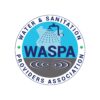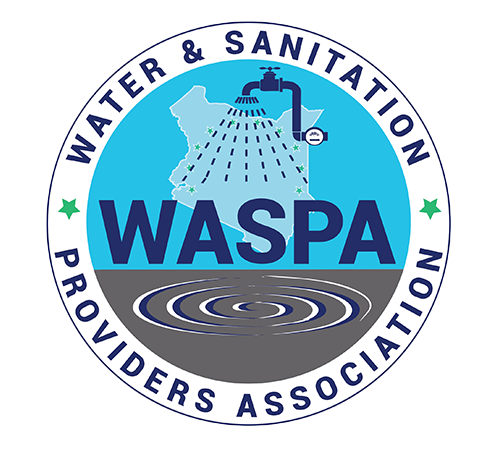WHO WE ARE
The Water and Sanitation Providers Association (WASPA), was registered in November, 2002 under the Societies Act (CAP 108), Laws of Kenya as an association of Water Services Providers (WSPA’s) in the country.
The enactment of the Water Act 2002 created new institutions (water companies) to manage water resources in Kenya.
The Companies took over the provision of water and sewerage services from their respective municipal councils. This therefore placed the water companies at the leading edge to consolidate the knowledge and share experiences, the water services providers formed WASPA to provide a forum for the various companies to learn from each other.
This has been successful and the association has experienced tremendous growth, with current membership being 58 paid up members.
WASPA has gained relevance in the water sector due to its elaborate network and coordinating role of WSP’s, advocacy with the Ministry and other actors in the water sector.




CORE VALUES AND OBJECTIVES
CORE VALUES
- Collaboration
- Integrity
- Teamwork
- Good Corporate Governance
- Learning
- Rights
OBJECTIVES
The Associations objectives include:
- To foster commercialization of water and sanitation services delivery in Kenya.
- To promote sustainable management and development of water and sanitation infrastructure.
- To stimulate and promote best practices and standards in development, management and delivery of water and sanitation services in Kenya.
- Promote information and experience sharing through establishing, a data bank for information relevant to members, study tours, networking and participation in national and international events.
- Advice members on training needs in collaboration with other actors and help establish staffing norms relevant to the sector, and
- Support members in acquisition of funds for developments.

